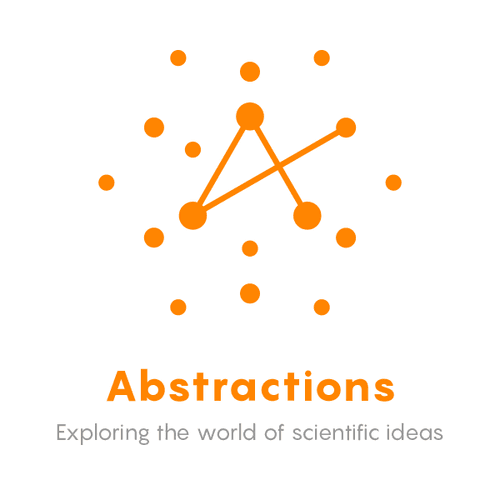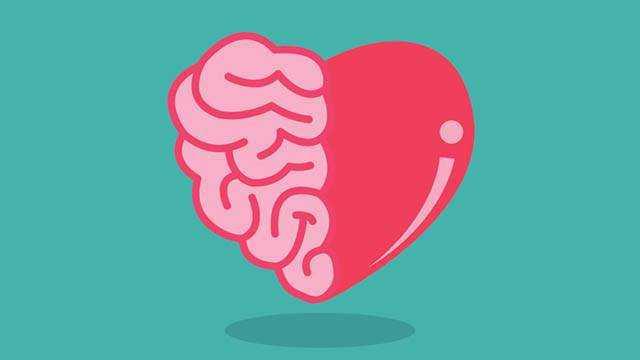How Your Heart Influences What You Perceive and Fear
Curated from: quantamagazine.org
Ideas, facts & insights covering these topics:
5 ideas
·4.09K reads
3
Explore the World's Best Ideas
Join today and uncover 100+ curated journeys from 50+ topics. Unlock access to our mobile app with extensive features.
Explaining our experiences
The brain is the ruler of our movements and the keeper of our thoughts. The brain is also joined to the body, and connection goes both ways. For example, if receptors indicate hunger, we find food to eat.
Research shows that those sensations do more than alert the brain to the body's immediate concerns. Studies of the heart give insights into the role the body's most basic processes play in explaining our experiences.
207
1.28K reads
An effect of the systole phase
The activity of the heart can be divided into two phases: systole (when the heart muscle contracts and pumps out blood) and diastole (the heart relaxed and refills with blood.)
Systole decreases pain and control startle reflexes. Pressure sensors send signals of the heart's activity to inhibitory regions of the brain. Experiments show that people are more likely to forget the words they heard exactly at systole.
201
819 reads
The heart is like a seesaw
When you sense something from inside, it reduces the processing of external signals. When your heartbeat is going, it's loading up the seesaw on one side.
An experiment showed that when people were given a faint electrical stimulus to their finger, they were more likely to notice it during diastole and miss it during systole. When the heart pushes blood through your body during systole, it's possible to feel your pulse in your fingertips.
180
693 reads
The processing of fear
The systole doesn't inhibit the stimuli of fear. The systole not only activates inhibitory brain regions, but also the amygdala, an area that process the experience of fear. During systole, people can perceive fearful faces more intensely.
If you are in a state of fear, you don't want to be sensitive to pain. You want to run over broken glass to escape the threat. But you also want to be hyper-alert to danger in the environment.
190
593 reads
Systole in people with anxiety
- Researchers found eye movements often occur at systole, while we fix our gaze more often during diastole. During systole, we're least sensitive to the world.
- Another finding is that systole is more likely to enhance fear processing in people with anxiety. If you can change how threatening stimuli are, you may be able to get people out of anxiety states.
190
704 reads
IDEAS CURATED BY
Brianna S.'s ideas are part of this journey:
Learn more about health with this collection
How to strengthen your willpower
How to overcome temptation and distractions
The role of motivation in willpower
Related collections
Similar ideas
Read & Learn
20x Faster
without
deepstash
with
deepstash
with
deepstash
Personalized microlearning
—
100+ Learning Journeys
—
Access to 200,000+ ideas
—
Access to the mobile app
—
Unlimited idea saving
—
—
Unlimited history
—
—
Unlimited listening to ideas
—
—
Downloading & offline access
—
—
Supercharge your mind with one idea per day
Enter your email and spend 1 minute every day to learn something new.
I agree to receive email updates

